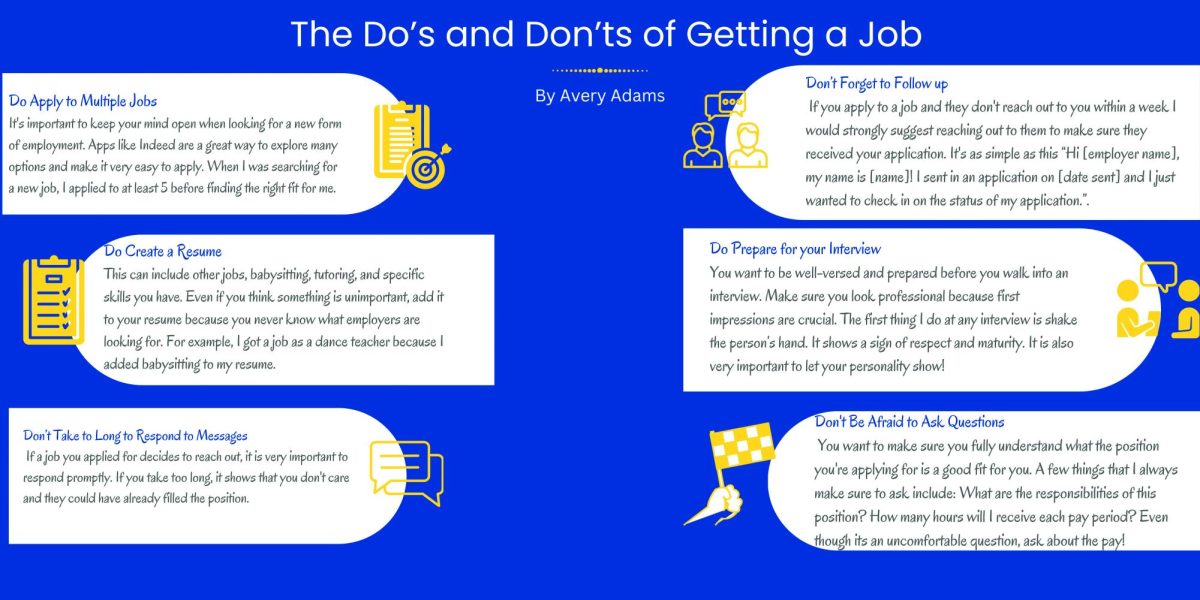The qualifications for tenure in the state of Missouri are as follows, according to the Missouri State Teachers Association: “Teachers who have been employed full time as teachers in the same school district for five consecutive years acquire tenure or permanent teacher status when they report to work at the beginning of their sixth consecutive year.”
It is true that many teachers still work hard after 20 or 30 years in the profession. Unfortunately, some are the opposite as well. They seem to do the bare minimum and are darn happy to do it. That is the problem, my dear friends.
Teachers who are tenured can be fired for a short list of reasons. One of which is for immoral conduct and another is inefficiency in the line of duty. But how do we measure these? Immoral conduct can be different for every person based on their background. How do we measure efficiency? Is it on a scale of test scores or a scale of grades in their classes? The state has not determined that measurement.
It is in the best interest of a parent or a student to ensure that the child is getting the best education possible from the best teachers possible.
Also, there is a difference between being a good teacher and a good person. I would much rather have a teacher I dislike on a personal level who I respect as an educator and who helps me improve my learning than a teacher who I like but doesn’t improve or further my education.
I am not the only one who thinks this. Missouri State Sen. Jane Cunningham brought up a bill to increase tenure qualifications to 10 years, instead of five, as well as layoffs being made on merit, not seniority in April 2012.
I do get that tenure is there to protect a good teacher when they do something that, with status, they can deservedly do, but it also locks in bad teachers from being fired for things they should be. That is why tenure is a problem. Those teachers of the latter statement are still teaching and, barring extenuating circumstances, will still be teaching until they are good and ready to move on. When teachers like those get paid the same as teachers of the former, that is wrong.
The Ladue School District has a little slice of the right idea in regards to pay, though. In Ladue, they have something they call the Committee on Evaluation and Salary that meets monthly to evaluate teachers, as well as an overall end-of-the-year evaluation. That evaluation determines whether the pay of the teacher will be raised next year, not based on seniority, but based on experience and the merit of their teaching.
According to Ladue School District’s School Board Policy GCBAA: Professional Staff Compensation, “Annual increments will be granted and advances in compensation made on the basis of competency, overall value to the school system, experience and training.”
Parkway’s salaries move on a step by step (year by year) salary schedule and according to Parkway Board Policy GCBA.G: “Movement from year to year on the salary schedule is recognition of professional growth in teaching. Performance will be considered effective if the teacher has achieved the overall performance expectation level of effective in all Domains of Professional Practice.”
But what is effective? Is getting all students through with a passing grade effective? Is getting a certain percentage of students through with a passing grade effective? Again, that measurement is not made clear.
Effectiveness should be rated on performance, on what kids learned and what they retained after the class, possibly a pre- and post-test for each class as to whether students learned from the class. Then use those numbers comparatively within the school and school district to direct performance numbers.
All of this leads me to one conclusion: the tenure and pay systems in both Missouri and Parkway need to change and change soon before our district falls behind others, and before our state becomes a bottom feeder of the national education ratings.







